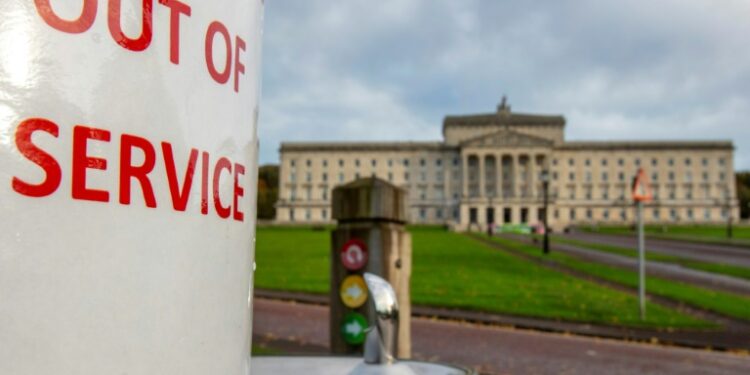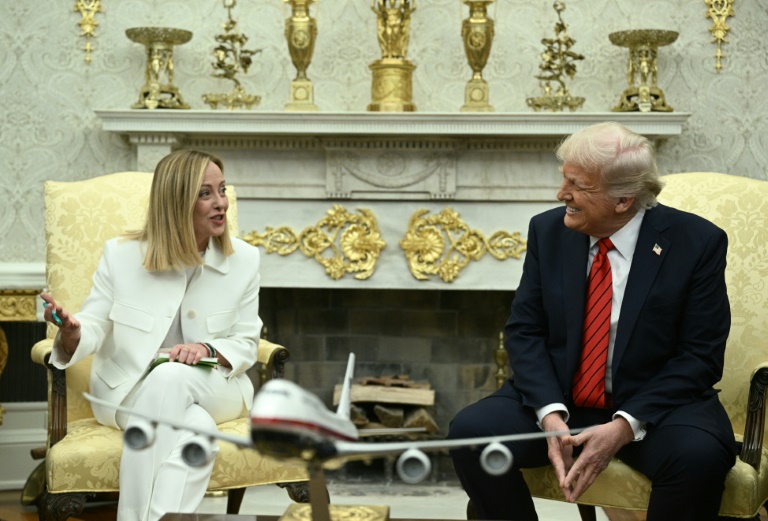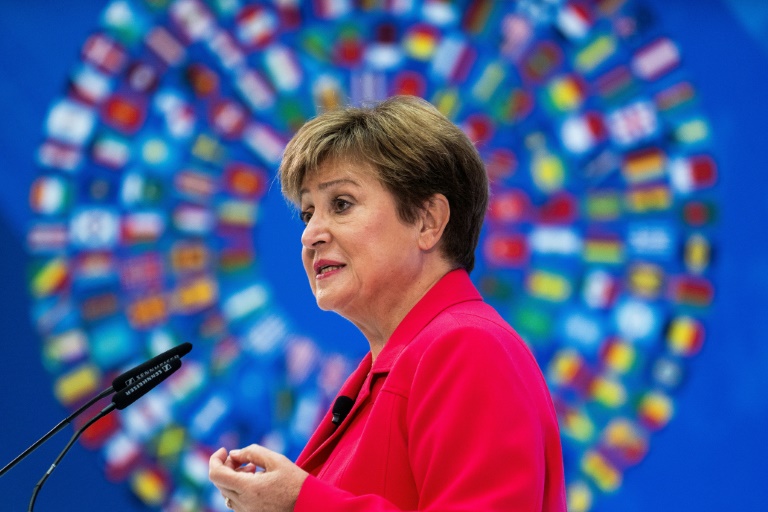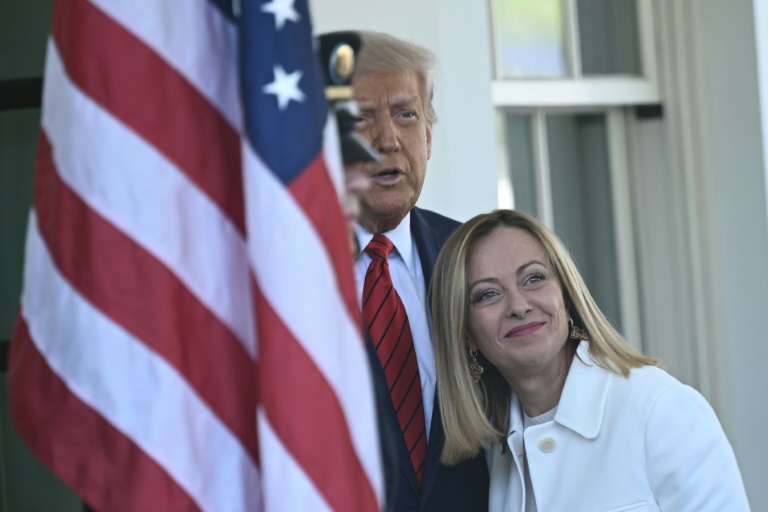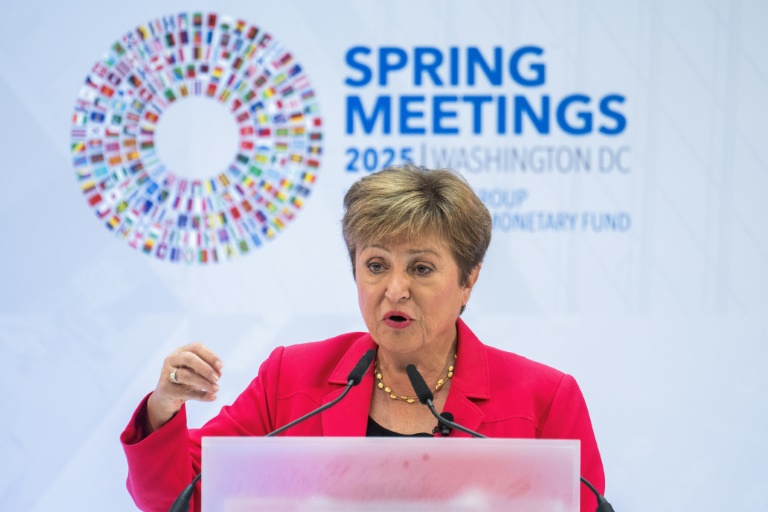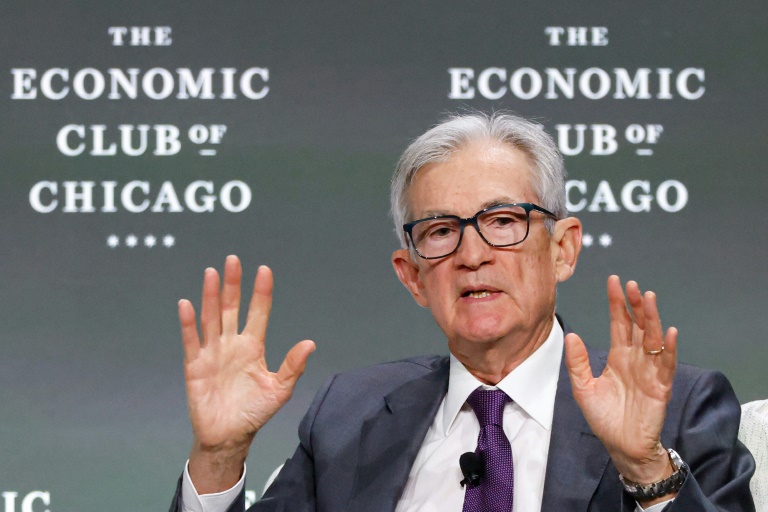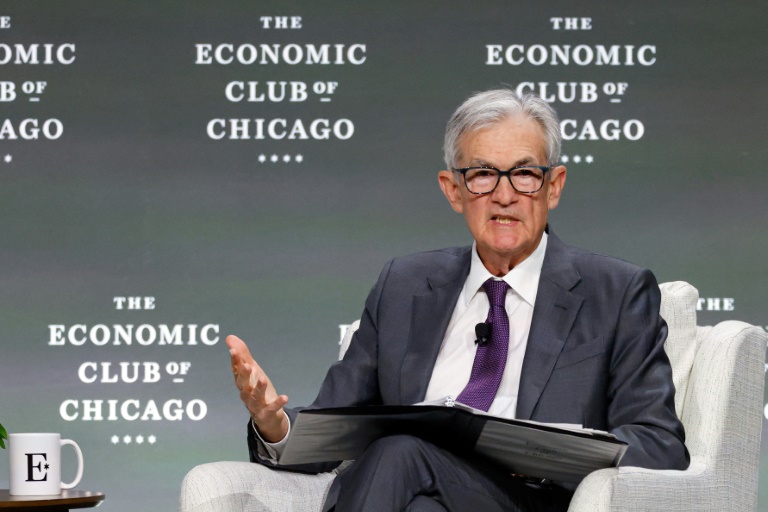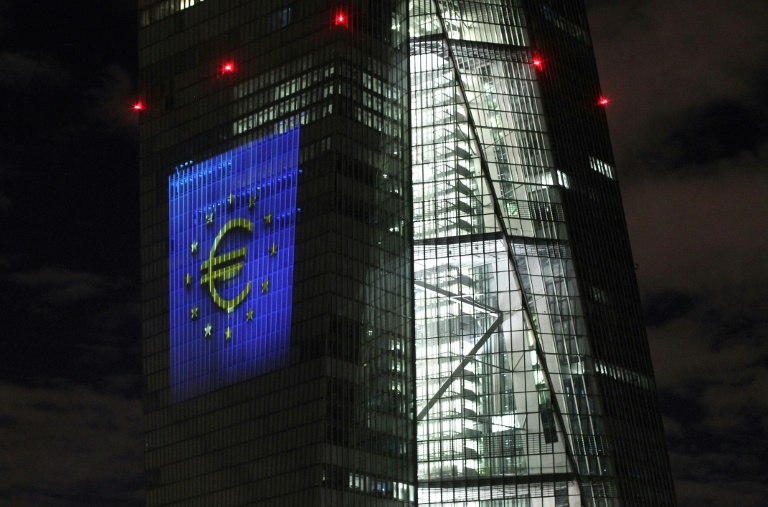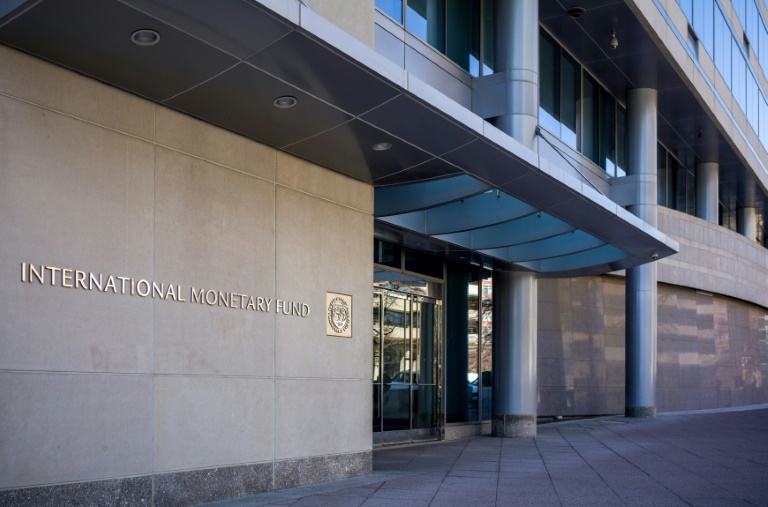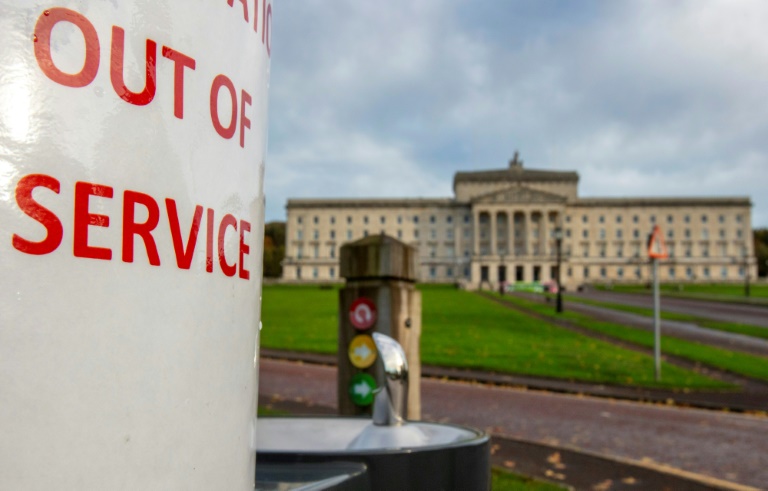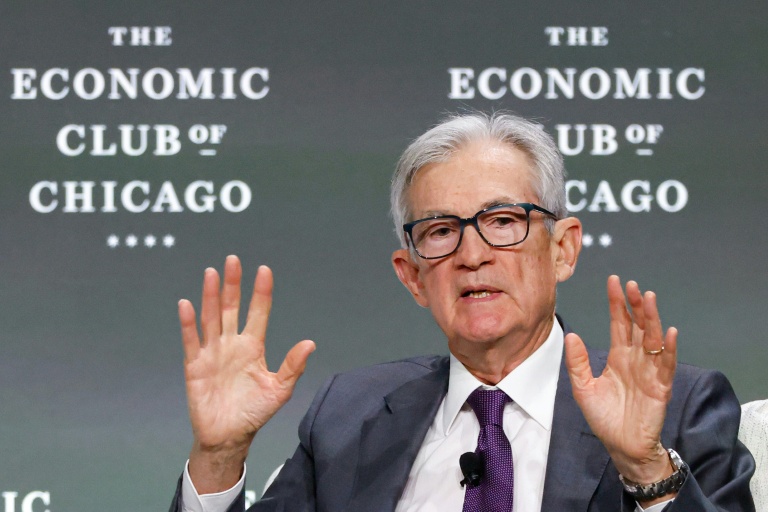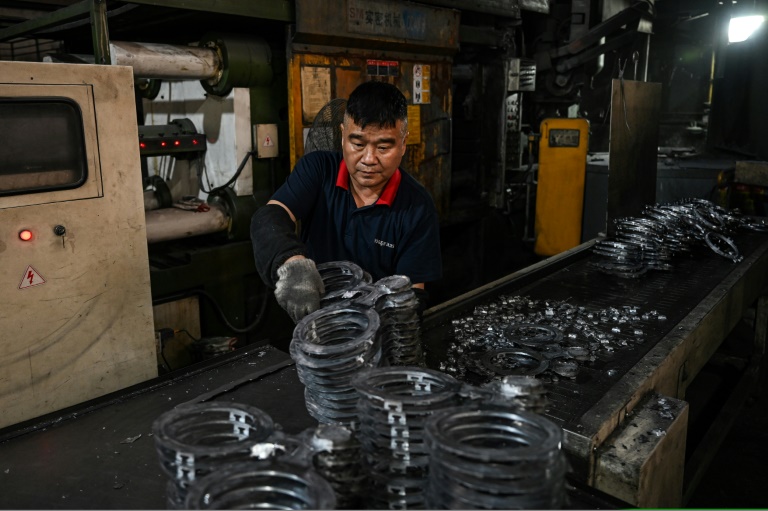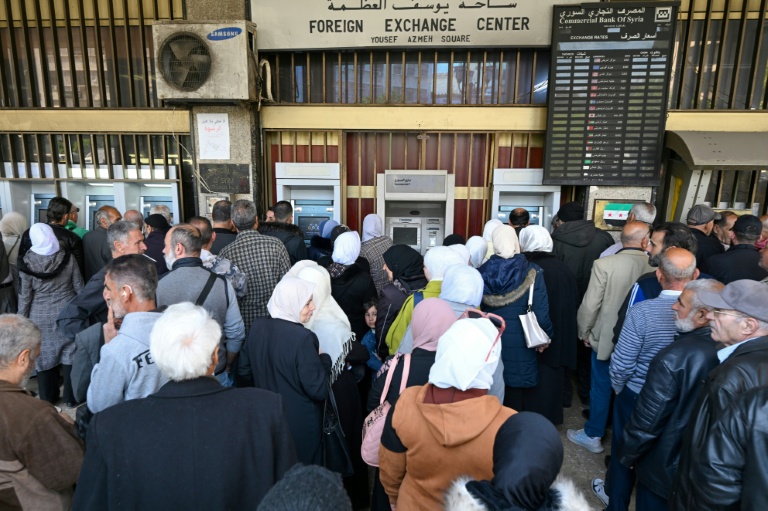Belfast (AFP) – Northern Ireland’s main pro-UK party, the DUP, said on Tuesday it endorses a deal with the UK government allowing it to end a long-running boycott of the province’s devolved administration.
The DUP walked out of the regional government in February 2022 in protest against post-Brexit trade arrangements for Northern Ireland, the only region of the UK to have a land border with the European Union.
Democratic Unionist Party (DUP) leader Jeffrey Donaldson said the agreement with London — approved in an internal vote at a closed-door meeting in Lisburn, near Belfast — formed a basis to restore the Northern Ireland Assembly after nearly two years.
“The result was clear.The DUP has been decisive.I have been mandated to move forward,” Donaldson told reporters at around 1:00 am (0100 GMT) following a marathon five-hour meeting and vote.
But ending the DUP’s veto on restoring the power-sharing executive at Stormont is conditional on legislation being passed by the UK government in London and a final agreement on a timetable, he said.
The details of the deal will be published soon, Donaldson said without giving further information.
“I believe that the proposals will bring forward measures that are good for Northern Ireland, and that will restore our place in the United Kingdom and its internal market,” he said.
Donaldson told BBC radio on Tuesday that the deal would be published “as early as tomorrow” (Wednesday) and wouldinclude “constitutional legislation” as well as “practical arrangements”.
UK Northern Ireland Secretary Chris Heaton-Harris said he was “pleased” that the DUP had accepted that deal and promised London would “stick” to its terms.
“I now believe that all the conditions are in place for the Assembly to return…and I hope to be able to finalise this deal with the political parties as soon as possible,” he wrote on X, formerly known as Twitter.
If approved, the deal would allow the DUP and the nationalist pro-Irish Sinn Fein to elect a speaker for the Assembly as early as next week.
Sinn Fein’s Michelle O’Neill is expected to become first minister, the first time a nationalist has held the post after her party overtook the DUP in the last Assembly election in May 2022- Public sector problems -Mary Lou McDonald, leader of Sinn Fein, said she was “optimistic…that we will see the northern institutions back up and running before the February 8 deadline” set by London.
The DUP walked out of the executive in February 2022 in protest against trading arrangements between Northern Ireland and the EU that were brought in after the UK left the bloc, its main trading partner.
A key plank of the 1998 Good Friday Agreement — which ended three decades of sectarian violence over British rule in Northern Ireland — was to keep an open border between the province and the Republic of Ireland, its neighbour, which remains in the EU.
But Brexit threw up a conundrum — how to protect the European single market and customs union if the UK was no longer part of it but there was effectively an open back door for goods to cross in and out via Northern Ireland.
The post-Brexit trading arrangements sought to square that circle, deciding that the EU-UK border for goods checks would run down the Irish Sea.
Unionists are concerned the solution effectively puts Northern Ireland on the EU side of the border and the other three nations of the UK — England, Scotland and Wales — on the other.
They said the arrangements kept the province partly under EU law and opened the door to Northern Ireland being reunited with the Irish Republic, a prospect they bitterly oppose.
During protracted talks with London, the DUP sought to overhaul the trading rules, including reducing the number of checks on goods travelling between Northern Ireland and mainland Great Britain.
The mothballing of the Assembly paralysed Northern Ireland’s power-sharing institutions and fuelled political uncertainty and industrial unrest in the region.
Public services crumbled as budgets were put in cold storage.
Earlier this month, 16 public service worker unions coordinated a mass strike over pay, the biggest industrial action seen in the British region for decades.
London has offered the region a £3.3 billion ($4.2 billion) financial package to solve public service pay disputes on condition that the Stormont Assembly opens again.

